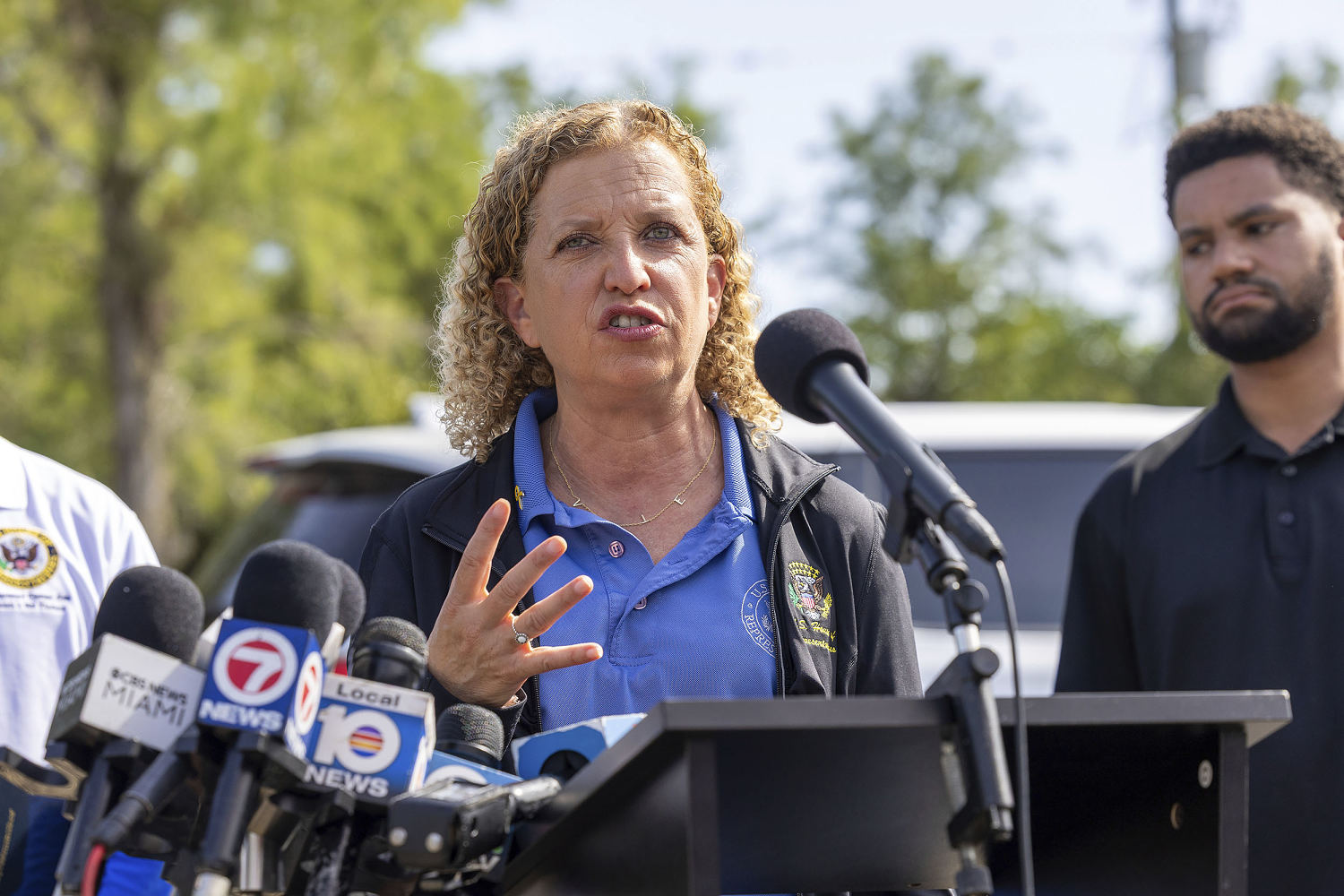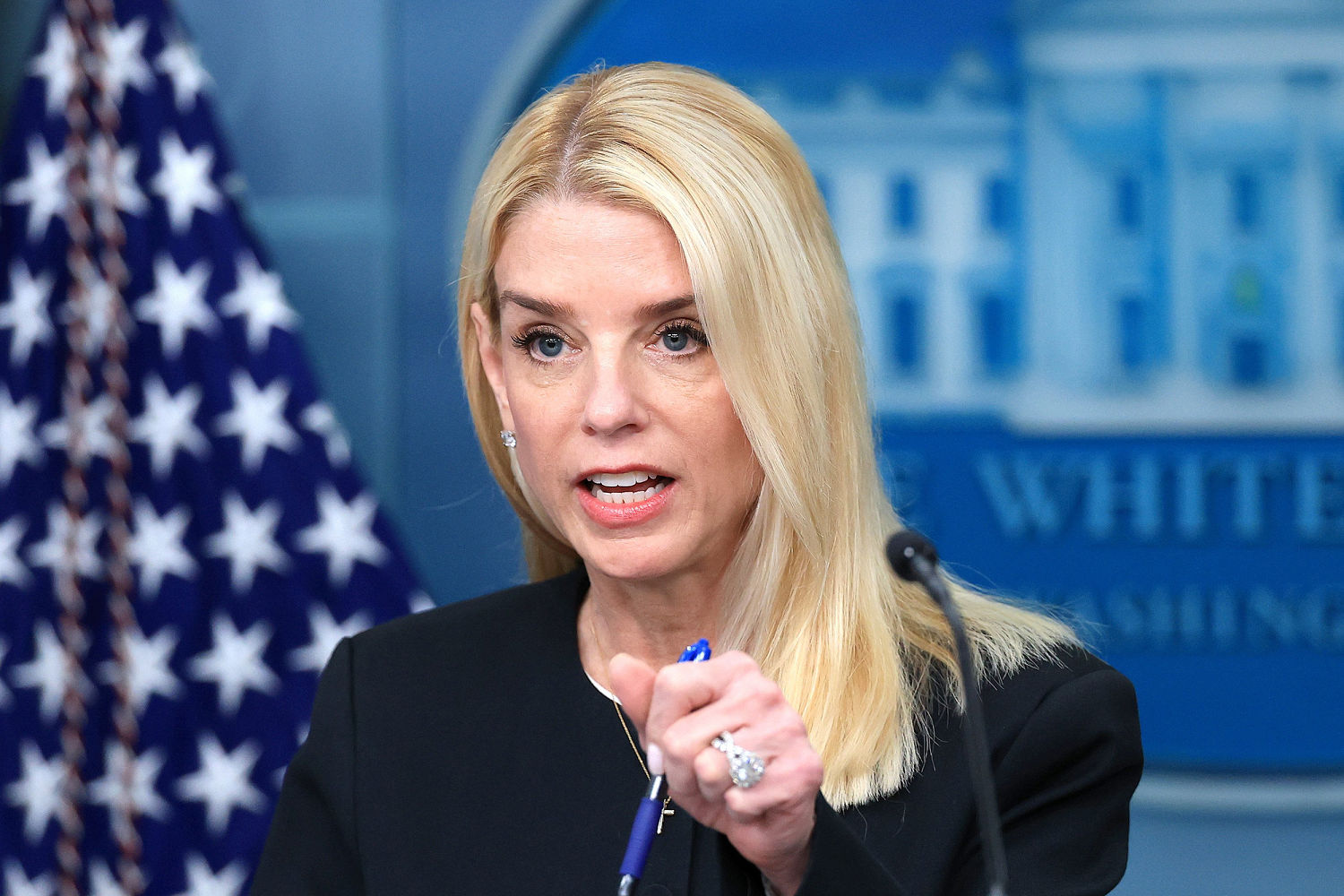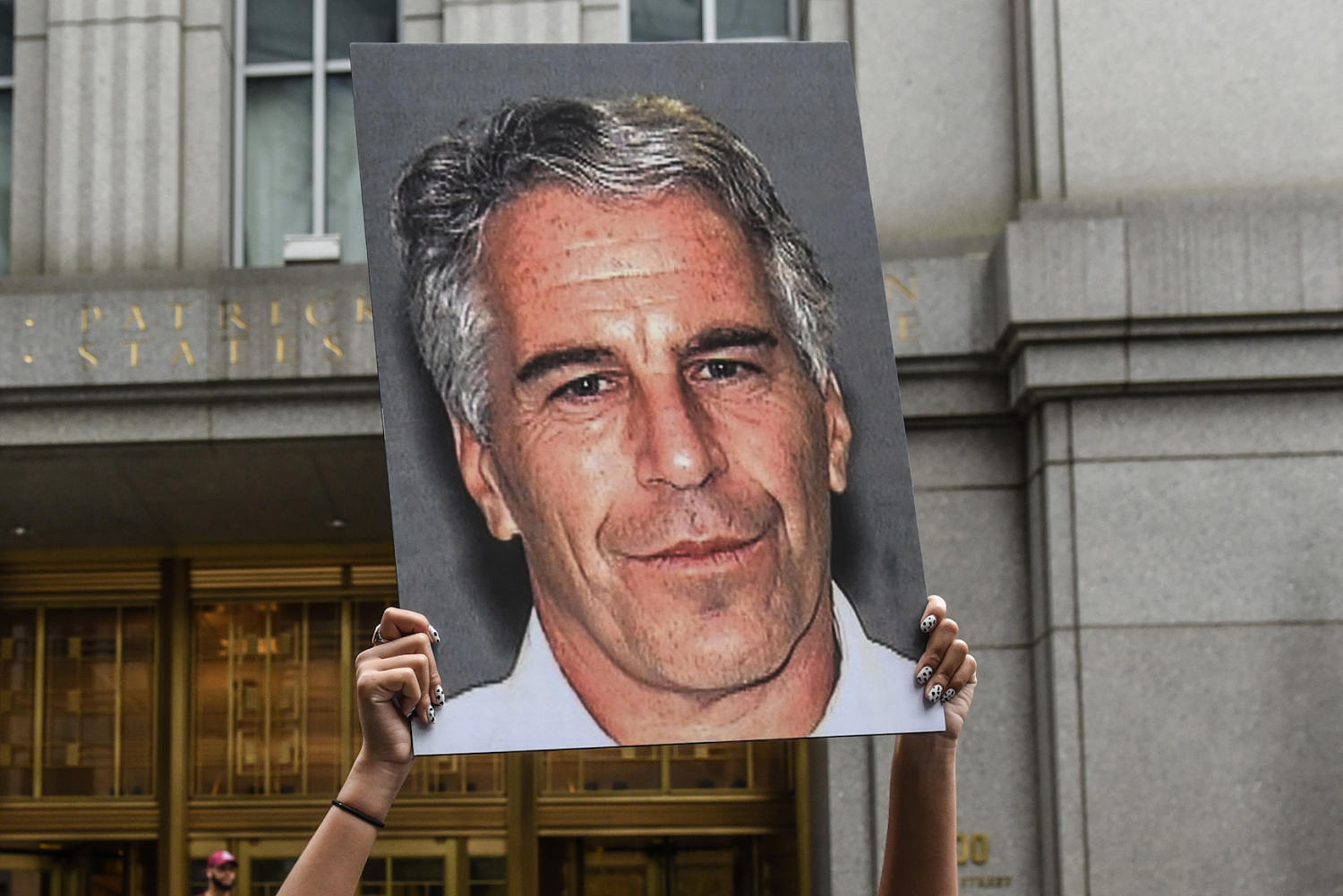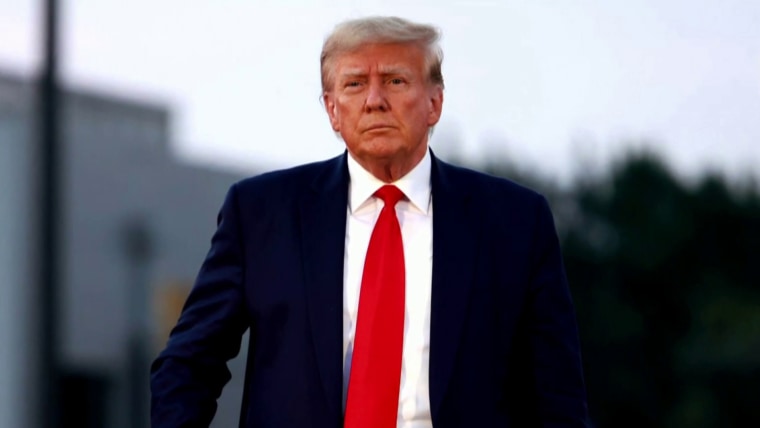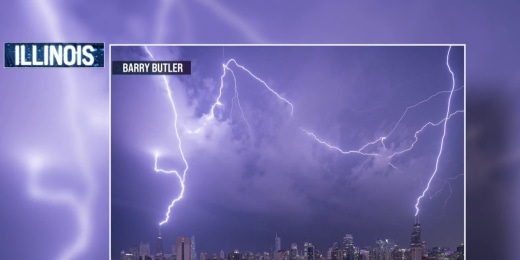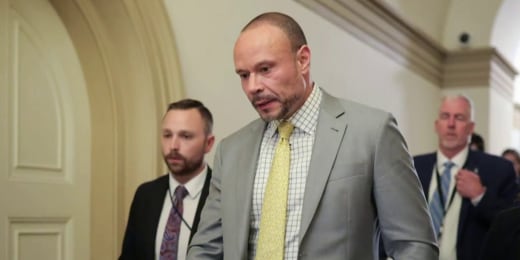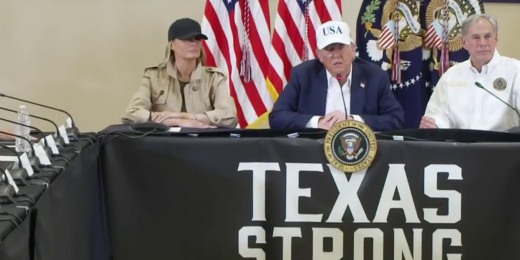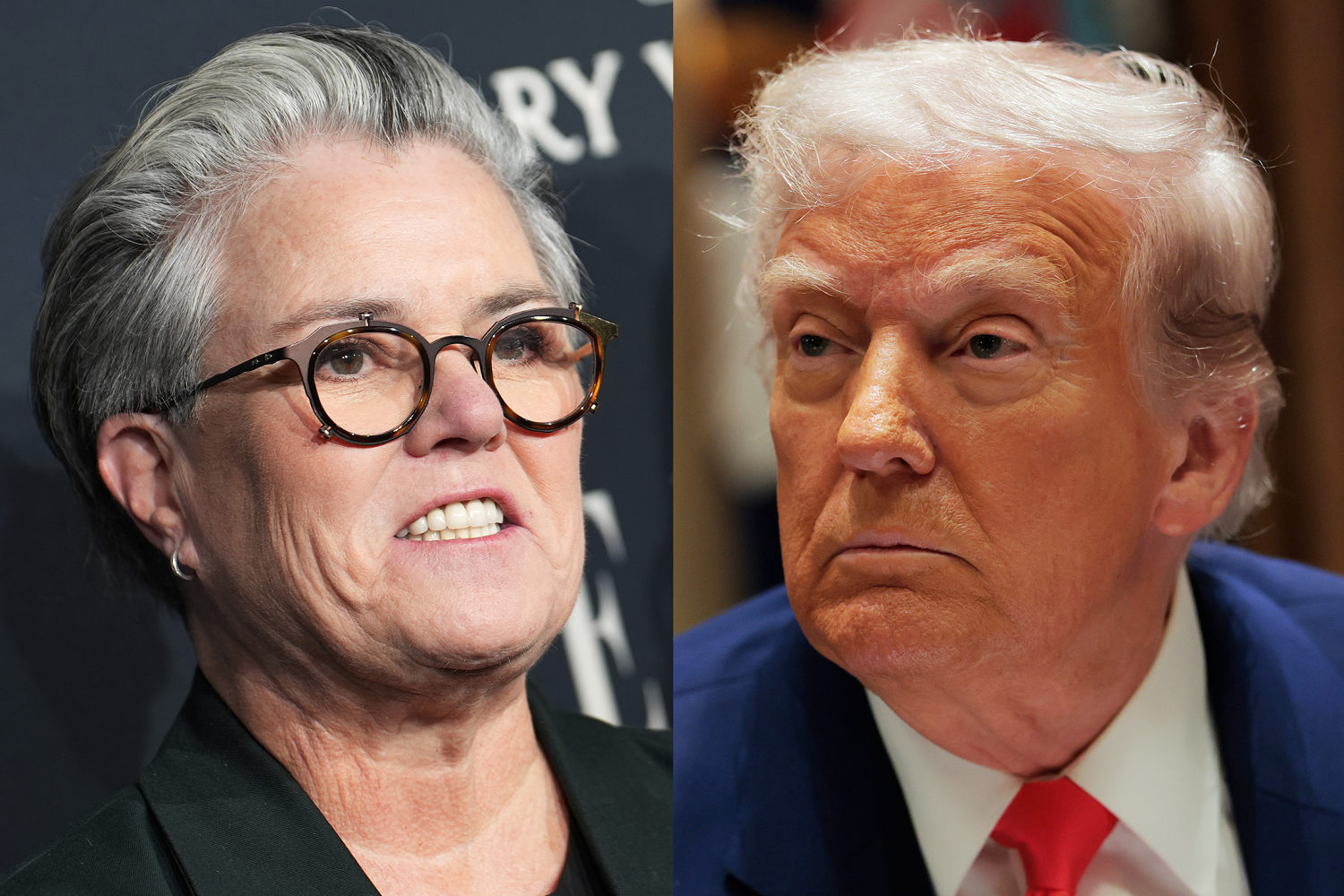
President Donald Trump on Saturday threatened to take away comedian Rosie O’Donnell’s U.S. citizenship, something that he cannot legally do, reigniting a decadeslong feud between the pair.
“Because of the fact that Rosie O’Donnell is not in the best interests of our Great Country, I am giving serious consideration to taking away her Citizenship. She is a Threat to Humanity, and should remain in the wonderful Country of Ireland, if they want her. GOD BLESS AMERICA!” Trump wrote in a post on Truth Social on Saturday.
Constitutionally, the U.S. president doesn’t legally have the power to “take away” one’s citizenship, as Trump is threatening to do. The 14th Amendment guarantees citizenship to anyone born in the United States. O’Donnell was born in Commack, New York, according to IMDb.
Trump’s post on Saturday comes as his administration has sought to revoke birthright citizenship from the children of parents who are not U.S. citizens, but that has stalled in court.
The president has also threatened to “look” at whether New York City’s Democratic nominee for mayor, Zohran Mamdani, is in the U.S. illegally. There is no evidence that Mamdani is in the U.S. illegally. Mamdani, who was born in Uganda, became a naturalized citizen in 2018.
In a post on Instagram later Saturday, O’Donnell responded to Trump’s Truth Social post, writing, “hey donald — you’re rattled again? 18 years later and I still live rent-free in that collapsing brain of yours.”
“You call me a threat to humanity — but I’m everything you fear: a loud woman a queer woman a mother who tells the truth an american who got out of the country b4 u set it ablaze,” O’Donnell added.
The Instagram caption did not mention Jeffrey Epstein — the disgraced financier who died in 2019 after allegations of sex trafficking — but the photo O’Donnell posted alongside her caption was one of Trump with his arm around Epstein.
The Trump administration faced criticism from conservative media figures this week after claiming that an “exhaustive review” of files related to Epstein turned up no “incriminating client list” belonging to Epstein.
In her caption, O’Donnell also addressed Trump’s threats to revoke her citizenship, comparing him to the fictional King Joffrey from the popular book series and HBO show “Game of Thrones.”
“You want to revoke my citizenship?” O’Donnell wrote. “Go ahead and try, king joffrey with a tangerine spray tan. i’m not yours to silence i never was.”
Trump’s latest attacks against O’Donnell came after she revealed in a March 2025 TikTok post that she had moved to Ireland in January, saying, “When it’s safe for all citizens to have equal rights there, in America, that’s when we’ll consider coming back.”
In that same video, O’Donnell also said she was in the process of getting her Irish citizenship, as she has Irish grandparents. The U.S. allows dual citizenship.
In March, during a visit to the White House from Irish Prime Minister Micheál Martin, Trump addressed O’Donnell’s move to Ireland.
The U.S. president asked Martin, “Why in the world would you let Rosie O’Donnell move to Ireland? I think she’s going to lower your happiness levels.”
Trump and O’Donnell have lobbed insults at each other for almost two decades, beginning in 2006 when O’Donnell, then a co-host of “The View,” was critical of Trump’s decisions regarding a Miss USA winner.
The two exchanged jabs for years after that, but the spat drew headlines again when Trump ran for president in 2015.
He invoked O’Donnell’s name on the debate stage in 2015, when he was asked about his use of the terms “fat pigs,” “dogs,” “slobs” and “disgusting animals” to describe some women.


